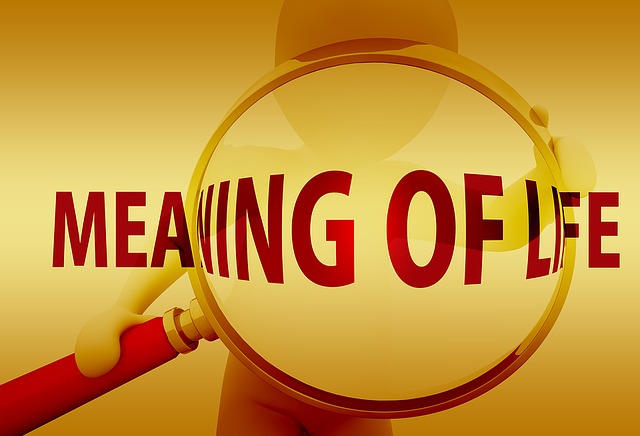n the previous post, I discussed how making meaning in our daily lives contributes to well-being. I also drew on what Dr. Paul Wong stated in terms of the need to align our lives with what we consider to be meaningful – in other words, to achieve congruence. Paul is the author of the book , The Human Quest for Meaning: Theories, Research, and Applications. Through his research, writings and presentations, he has developed the concept of the pillars of a meaningful life. He has identified seven of these pillars which I will discuss below.
The seven pillars of a meaningful life
- Believing that human life is inherently meaningful – this is foundational, because once you acknowledge that your life has meaning, you can pursue the realisation of meaning in your own life. You can begin to value your work, be grateful for the many things that you have and can do and explore meaningful relationships with people who are like-minded. This can lead to life-time friendships and collaboration. This fundamental belief also enables you to accept that suffering and pain are part of human existence and have a meaning in your life.
- A profound self-awareness – understanding at a deep level who you are and where you fit into the greater scheme of things. This understanding and acceptance provides the basis for recognising your potential for contributing positively to significant others in your life and those you interact with on an given day. This means avoiding delusion and being open to your potential.
- Exploring what is unique about your passion and mission – discovering your unique purpose. This involves capturing what inspires and energises you and becoming conscious of the challenges and responsibilities that flow from your personal pool of knowledge, skills and experiences.
- Pursuing your best self so that you realise your potential – overcoming the negative thoughts and barriers that block your potential. If you are not consciously trying to improve yourself, you can find that you are going backwards. Even small steps towards fulfilling your potential will bring you closer to your best self. This is a life-long journey but leads to a sense of well-being when you have achieved a real breakthrough. It is important to approach this self-realisation task non-judgmentally, avoiding “beating up on yourself” for not progressing as fast as you “should”.
- Self-transcendence – contributing to something that is bigger than yourself and that will outlast you. Viktor Frankl suggests that self-transcendence is central to your well-being as it is part of your “spiritual nature”. This involves moving beyond self-centredness and self-absorption to being altruistic and compassionate – ultimately being other-centred, whether the other person is a neighbour, friend or casual contact. Happiness and well-being lie at the heart of self-transcendence.
- Relating well to the people who are closest to you – your life partner, your children and closest friends. This “intimacy” is a rich source of happiness and well-being. If you are in constant conflict in this arena, you need to explore the dynamics of the situation and your contribution to the conflict. Relating well entails reflective listening, being thoughtful and aware of others’ needs, and “going out of your way” to help the other person when they are not coping, are ill or saddened by some occurrence in their life.
- Having a sense of personal fulfillment when your life is productive – in line with human connectedness. This means, in part, having a sense that you are using the surplus in your life to contribute to the well-being of others. It also means using your knowledge, skills and experience to be a productive and positive contributor to your work team and your organisation.
As we grow in mindfulness through meditation, reflection and small acts of gratitude, we can enjoy happiness and well-being, develop rich relationships and realise our potential through positive contributions to our work team and our community.
____________________________________________
By Ron Passfield – Copyright (Creative Commons license, Attribution–Non Commercial–No Derivatives)
Disclosure: If you purchase a product through this site, I may earn a commission which will help to pay for the site, the associated Meetup group and the resources to support the blog.

